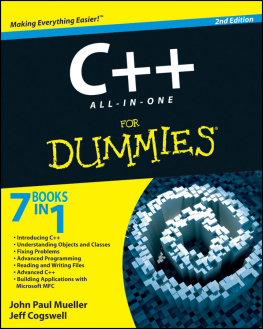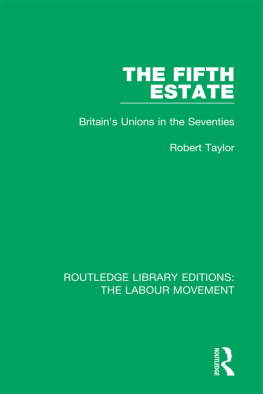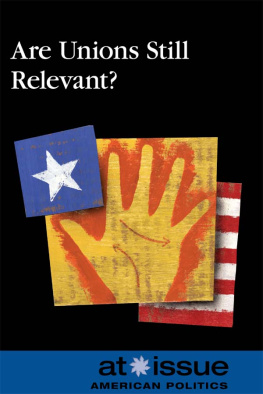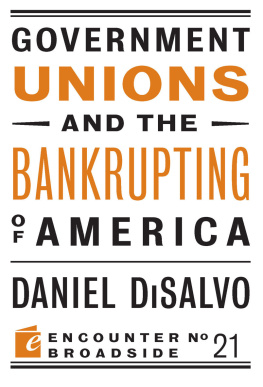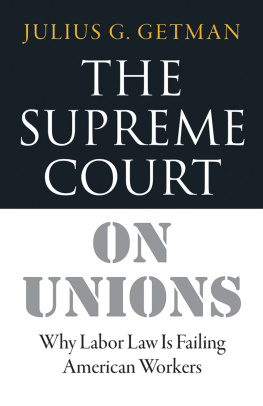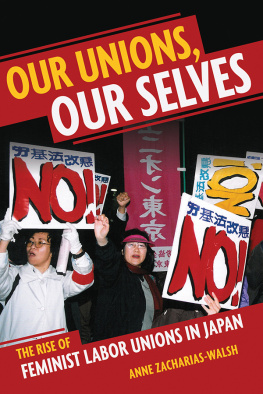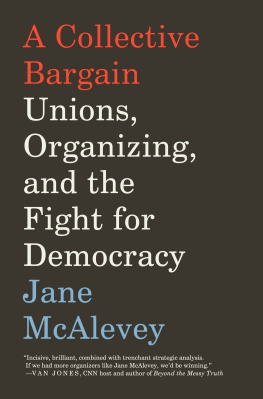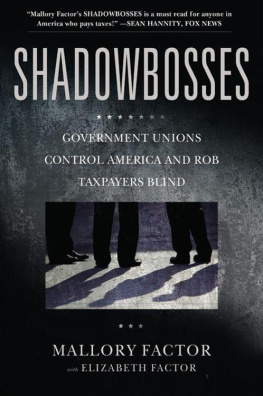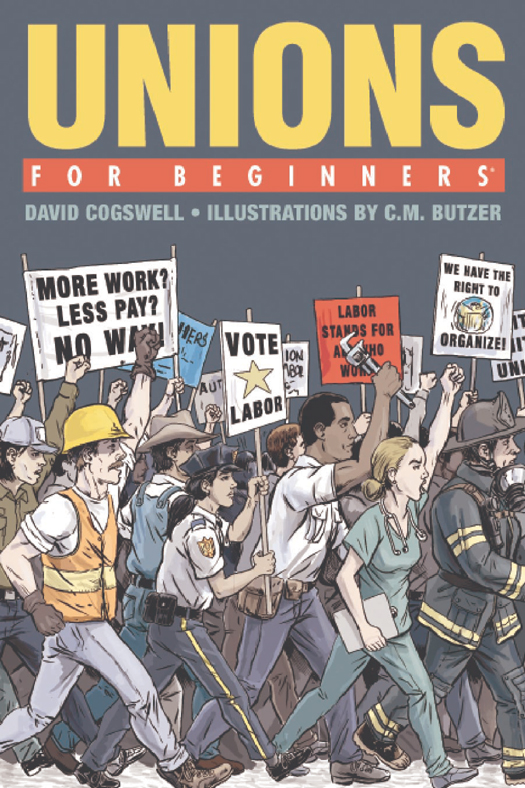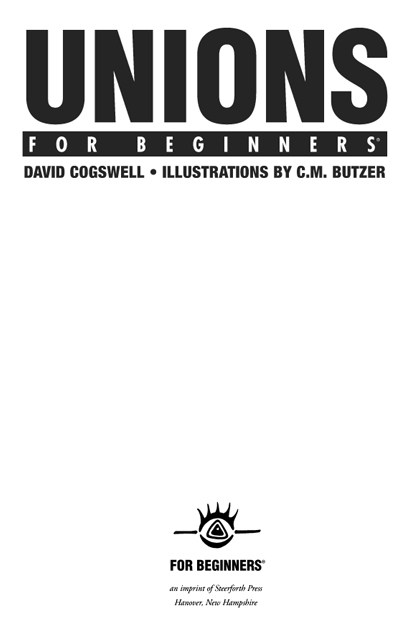For Beginners LLC
155 Main Street, Suite 211
Danbury, CT 06810 USA
www.forbeginnersbooks.com
Text: 2012 David Cogswell
Illustrations: 2012 C.M. Butzer
All rights reserved. No part of this publication may be reproduced, stored in a retrieval system, or transmitted in any form or by any means, electronic, mechanical, photocopying, recording, or otherwise, without prior permission of the publisher.
A For Beginners Documentary Comic Book
Copyright 2012
Cataloging-in-Publication information is available from the Library of Congress.
eISBN: 978-1-934389-78-2
For Beginners and Beginners Documentary Comic Books are published by For Beginners LLC.
v3.1
C ONTENTS
Preface
This book is being written at a time of tremendous social upheaval in America and around the world. America seems to have reached the proverbial tipping point when one movement reaches its limit and the pendulum begins to swing back in the opposite direction. Thirty years after the Reagan Revolution started the trend toward the rich getting richer and corporations gaining ever more power over American life, the people have started to push back. Every day things are happening that seem to have the potential to affect the course of history. The Occupy Wall Street movement against the economic injustice of the global corporate system that began in Lower Manhattan is spreading around the world.
These events will continue to play out after this book goes to press and no one can predict their future course. It does seem, however, that certain trends are set and are not likely to be reversed. After a long period of ascendance of corporate power in America, people are fighting back. When confronted by the same problems approached by working people in the Gilded Age 100 years previously, people are returning to some of the same solutions they turned to in those days. Primary among them is the formation of unions, the banding together of people in pursuit of a common goal of justice and fairness from those who own and control a disproportionate amount of the resources of the country and the world.
When we read histories of unions we read about people who worked in factories or agricultural fields with tough working conditions and people who lived close to the edge of survival. We believe we have come a long way from that now. We have fewer people in factories, more in office jobs. But the crash of 2008 put millions out of work and/or out of their homes and into poverty, while Wall Street banking firms, whose irresponsible practices brought on the crash, received taxpayer bailouts and then their profits soared. We see that many of the same problems that came down on working people 100 years ago are back, though wearing different clothing. Under the surface of changing times and styles the issues are much the same for office workers as for factory workers: low pay, lack of benefits, too much work for too little share of the profits. In the first decade of the 21st Century, as the wealth of the country has fallen under the control of a smaller and smaller elite group, regular people have been grasping at straws trying to figure out how to fight back, how to recover a foothold in the economic system. As much of the middle class has fallen through the cracks into unemployment, poverty and homelessness, many have nothing better to do anymore than to take to the streets and finally confront the economic and political problems in an existential way, with their own bodies. Many Americans now find that their backs are to the wall, and they have few options.
The natural inclination of human beings in trouble is to band together with others in the same predicament to fight for their rights, freedom from oppression, fairness and justice. And that brings us to the story of labor unions. Unions are based on people joining forces to fight against oppression and for their fair share.
Its a long and varied story, a broad tapestry of human history with its own heroes and villains. Unions have not always been good for their members or their communities. Sometimes they have gone off the tracks in terms of ethical and responsible behavior. Union leaders have sometimes failed their memberships, or have been corrupted by their power and taken too much from the membership in return for too little. All the frailties of human nature apply to unions as they do in other spheres of life. Mainly unions have helped to improve the lives of millions of people, including those who are not members of unions but still benefitted from the rising standards of working conditions. And though unions have faded from the scene in American life in the last half century, there are signs that the time of union ascendance is back again.
Chris Hedges, a Pulitzer Prize winning reporter who was a war correspondent for the New York Times for 15 years, attended the Occupy Wall Street protests in Lower Manhattan a week or so after they began September 17, 2011. In an interview from the scene he explained why he was there, why the gathering of people to protest is so important and why Americas working people, including its middle class, must again band together in unions to protect themselves against an assault by the power elite of the country.
I just got back from Immokalee, Florida, said Hedges, where the Coalition of Immokalee Workers is about to begin a campaign against supermarkets like Trader Joes, Stop n Shop, and Giant, which is extremely important because if it succeeds it will probably double the wages, which run between eight and ten thousand dollars for agricultural workers in the fields who work in horrific conditions at best and at worst conditions that resemble slavery. But Ive been following whats been happening here and this is really where the hope of America lies. And all of the efforts of intimidation that weve seen by the police in New York, the disproportionate amount of force and the disproportionate numbers that have been deployed to contain the protests here, for me illustrate that the real people who are scared are the power elite. Of course theyre trying to make you scared and us scared, but I can tell you having been a reporter for the New York Times that inside they are very very frightened. They do not want movements like this to grow. And they understand on some level, whether its subconscious or overt, that the criminal class in this country has seized power, that those people in this plaza, the people carrying out these protests, in the true political spectrum are conservatives in this sense. They call for the rule of law. They call for the restoration of the rule of law. And whats happened is that the real radicals have seized power and they are decimating all impediments to the creation of a neo-feudalistic corporate city, one in which there is a rapacious oligarchic class, a thin managerial elite, and two thirds of this country live in conditions that increasingly push families to the subsistence level.
And one of the reasons I went to Immokalee and the reasons Immokalee is important is because in this race to the bottom Immokalee is the bottom. Its where they want the working and even the middle class to end up, and that is a place where they have no rights, where because of massive unemployment and work that is part time poorly paid work, they can reduce the working class to a status equivalent to serfdom, where there are no pensions, no health benefits. Collective Bargaining in Florida is illegal, a legacy of Jim Crow. And Immokalee isnt just a horrific pocket of essentially Third World abuse, but is the vision of what the corporate state wants to impose upon the rest of us. What they want is for us to remain passive and to remain frightened. As long as we remain passive and frightened and entranced by their electronic hallucinations we are not a threat. The moment people come out and do this the corporate state is terrified, and if you doubt me, look around you at the huge numbers of cops and not only that, the brutality they have visited on peaceful protesters.


